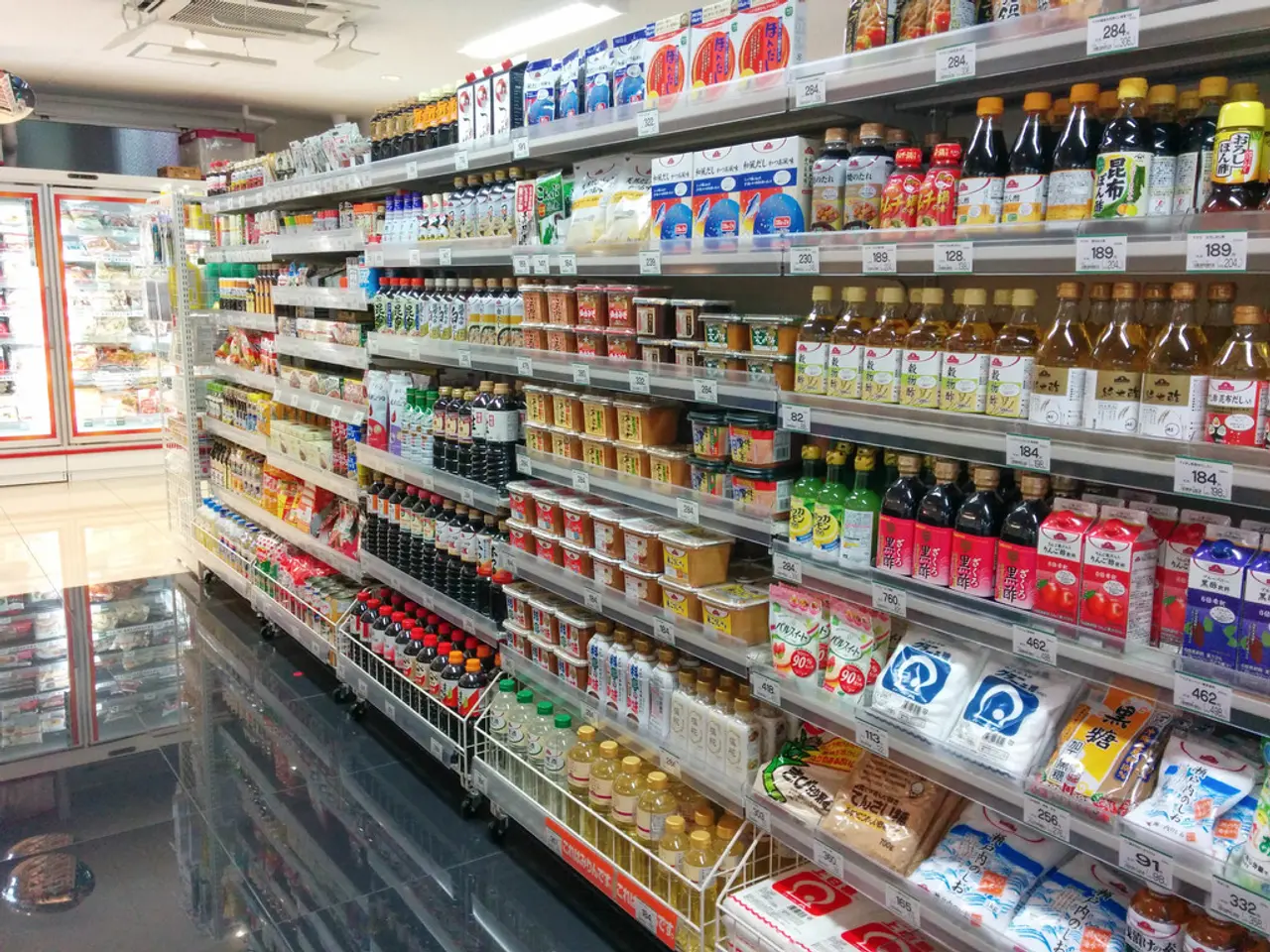Disruptions caused by the influential coalition
The ongoing negotiations for a legally binding plastic pollution treaty under the United Nations Environment Programme (UNEP) have reached a stalemate, with multiple rounds failing to reach an agreement as of August 2025. The talks, led by the Intergovernmental Negotiating Committee (INC), aim to address the full lifecycle of plastics - from design and production to disposal - to tackle the escalating plastic pollution crisis.
Key issues blocking consensus include whether to cap the production of primary plastics, how to handle chemicals of concern in plastics, and how to finance the implementation of the treaty.
The negotiations have attracted powerful interest groups, including the petrochemical industry, represented by Plastics Europe. Large oil-producing countries and petrochemical industry stakeholders tend to emphasize solutions like recycling and waste management over production caps. On the other hand, governments are pushing for ambitious treaty provisions, such as capping plastic production and restricting hazardous chemicals. Civil society, including scientists, indigenous groups, youth, business actors, and waste pickers, advocate for stronger, comprehensive measures.
The impact of lobbying by petrochemical companies appears substantial in shaping the negotiation dynamics. Oil-producing nations, aligned with petrochemical interests, have been key defenders of resisting mandates to limit production of plastics, favoring less stringent approaches focused on recycling rather than upstream production controls. This lobbying pressure has contributed to prolonged deadlocks and diluted ambition in treaty texts.
By 2040, 45% of refined oil could be used for plastic production if there is a significant increase in plastic production as expected. In the same period, the seven companies - Dow, ExxonMobil, BASF, Chevron Phillips, Shell, Sabic, and Ineos - have also expanded their capacities for producing new plastics by 1.4 million tons.
The global trade volume of plastic exceeded $1.1 trillion USD in 2023, with around 90% of plastic currently produced from oil. Greenpeace assumes that at most 17% of plastic waste will be recyclable in the future. Shockingly, 75% of all plastics ever produced have become waste and ended up in the world's oceans and ecosystems.
Despite these challenges, the negotiations remain ongoing. The UNEP Executive Director has encouraged countries to remain engaged, emphasizing the complexity of the interplay between environmental urgency and entrenched industrial-economic interests shaping global plastic pollution governance.
Notably, Plastics Europe calls for the global plastic agreement to promote cooperation and innovation throughout the industry. Ineos, the largest British manufacturer, is currently investing £3.5 billion in Project One in Antwerp, where the largest plastic plant in Europe is to be built.
Greenpeace has calculated that the seven fossil fuel and petrochemical companies have produced enough plastic since the start of the negotiating process in November 2022 to fill 6.3 million garbage trucks. In 2023, 436 million metric tons of plastic were produced globally.
As the negotiations continue, it is crucial to maintain focus on the environmental consequences of plastic production and pollution, and to strive for a more sustainable, circular economy.
- In light of the ongoing negotiations for a plastic pollution treaty, the role of science, particularly environmental science, will be crucial in providing evidence-based research to support the need for production caps and the restriction of hazardous chemicals in plastics.
- Despite the financial interests of the petrochemical industry in maintaining current practices, as the negotiations proceed, there is a growing need for finance, both public and private, to fund the implementation of sustainable solutions in the plastic industry, a key component in the transition to a circular economy.
- As the UNEP Executive Director has encouraged, the ongoing political discussions on plastic pollution must consider not only general news and financial implications, but also the long-term impact on the environment, including our oceans and ecosystems, to ensure a future that prioritizes sustainability over profit.




